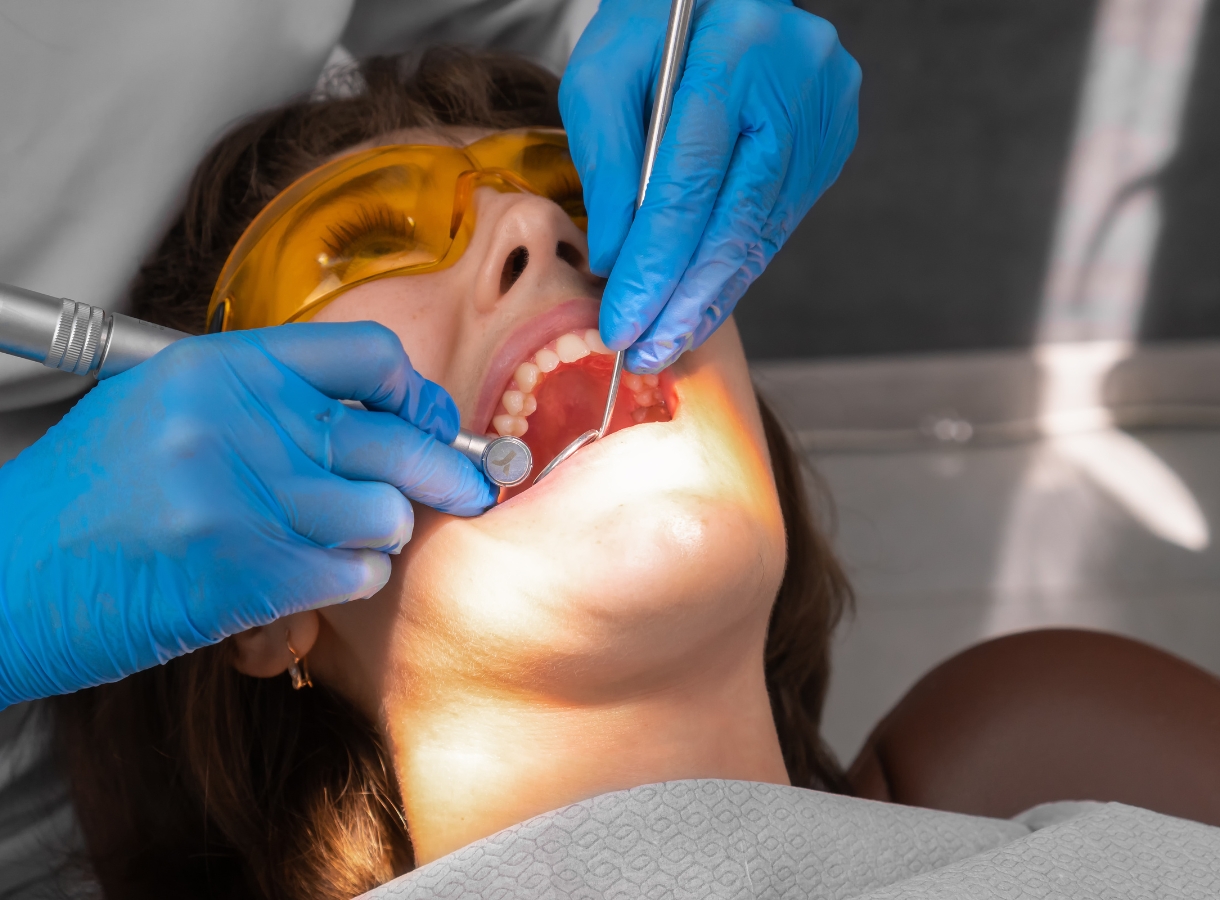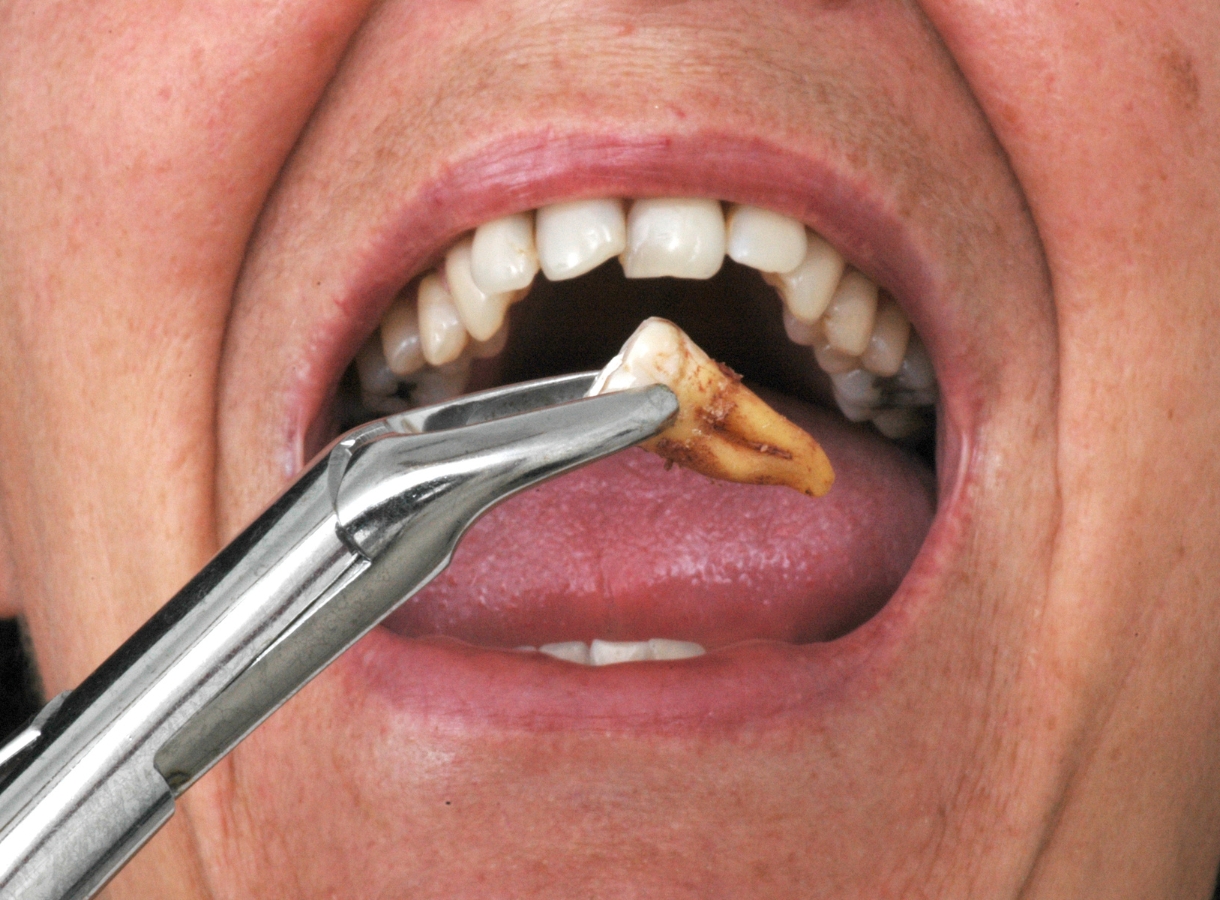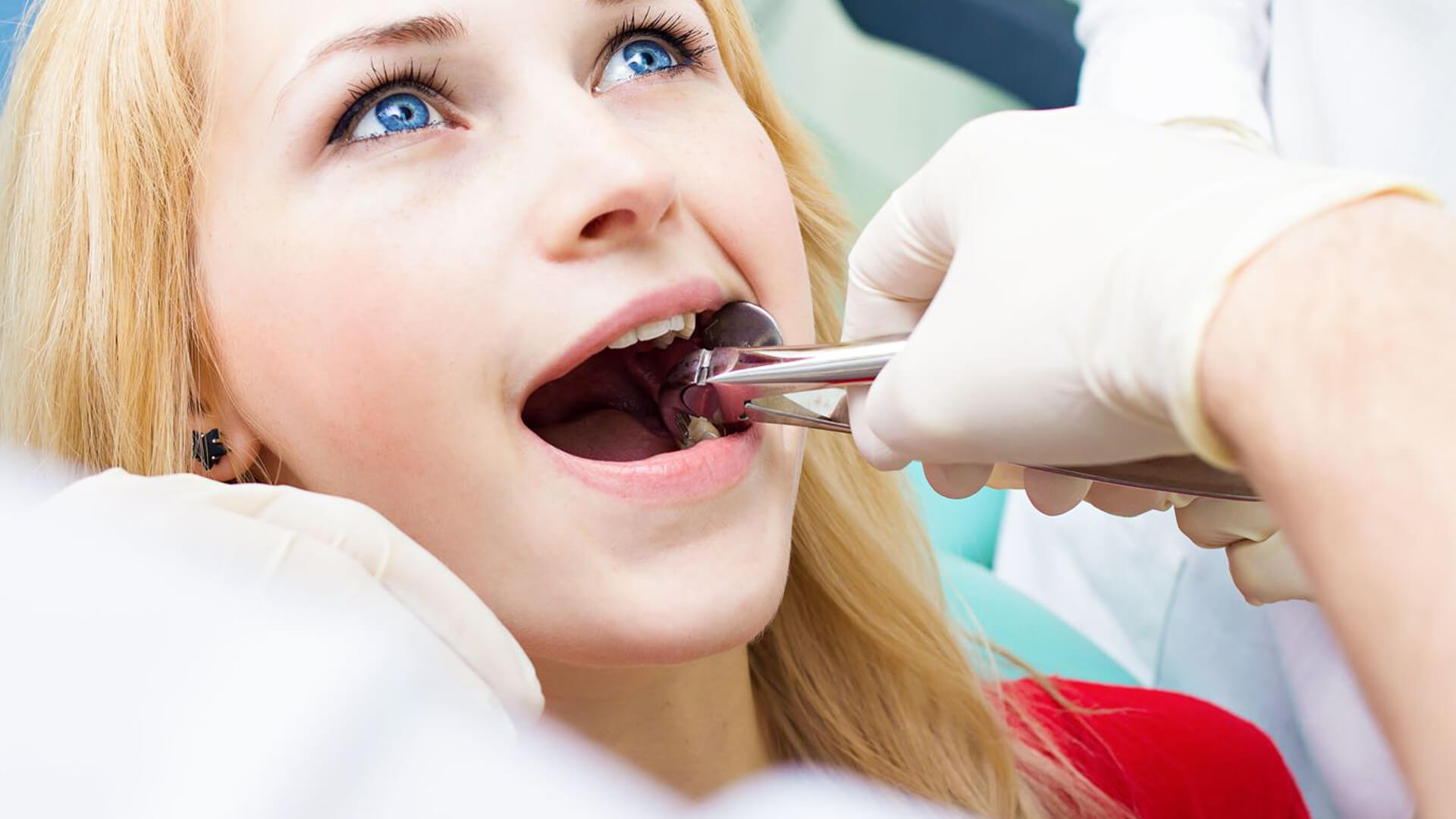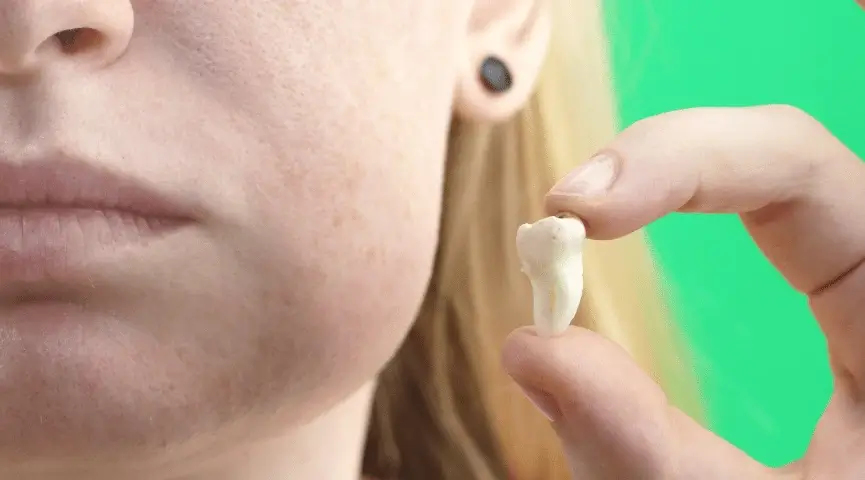
By Thrive Family Dentistry | February 7, 2025
Withering in pain because of your wisdom teeth? Well, then you should get it removed. This is actually a quite common process. The dentist will extract the third molars in the back of your mouth. These teeth might emerge in your adolescence or early adulthood and become impacted, leading to infections and dental issues.
Read this blog to learn how to recover after this dental surgery and avoid possible complications for better oral health.
What Are Some Common Dental Issues After Wisdom Teeth Removal?
Here are some common oral health problems that you might face:
- You might experience pain and swelling in the first few days. However, it is very common and will go down very soon.
- Sometimes, blood clots might dislodge and cause severe pain, causing dry mouth. You should see a dentist for treatment.
- Were you a bit careless? You might end up experiencing infections and fever due to infection and bacteria build-up.
- On rare occasions, you might experience nerve damage because of the procedure. The numbing of your tongue and lips might be temporary or permanent.
- The extraction of upper wisdom teeth might affect your sinus and cause side effects.
Top 10 Steps For Smooth Post Wisdom Teeth Removal Recovery
- Are you committed to taking care of yourself? Then, you must listen to the specific guidelines given by the dentist. Take the medicines and painkillers as prescribed.
- Feelings sore around the operation site? Stick to soft and easy-chew food as much as possible. Opt for nutritious food items like yogurt, smoothies, etc, to avoid putting pressure.
- Mild pain and swelling are very common after wisdom tooth removal. You can apply an ice pack to the swollen area for the first 24-48 hours. Switch to a warm compress after the first two days.
- You need to keep your body hydrated after undergoing tooth extraction. However, do not use straws to drink. It might dislodge the blood clot at your operation site.
- Avoid overworking your body and get adequate rest. You can slightly elevate your head to reduce dental swelling. Excessive pressure can increase your risk of bleeding.
- You must keep your mouth clean to avoid infections. Avoid brushing the extraction site for 24 hours. After that, gently rinse your mouth with warm salt water.
- Smoking and drinking can impact your healing after tooth extraction. It can cause bleeding and lead to infections and other dental complications.
- You can gently bite on a gauze pad for 30-45 minutes to form a blood clot. If bleeding continues, replace the gauze with tea bags or tannins.
- If you continue to experience excessive pain, bleeding, or fever, see a dentist. You might be suffering from infections or other complications.
- You do need time to recover from this treatment. So, be patient and give your body the time to recover from this dental surgery.
Do You Need A Qualified Dentist For Wisdom Teeth Removal?
A qualified dentist can remove your impacted tooth without leaving behind any risk of complications and infections. Moreover, you will also need check-ups to ensure that you are healing properly. Be transparent to keep your oral health intact.
This is actually a quite routine procedure. You can usually recover very quickly from this treatment. Follow the necessary instructions and avoid any risky behavior. Good oral hygiene and commitment can keep your teeth and gums intact. See a dentist for emergencies.
Are you prepared to take care of yourself? Contact us for consultation.



